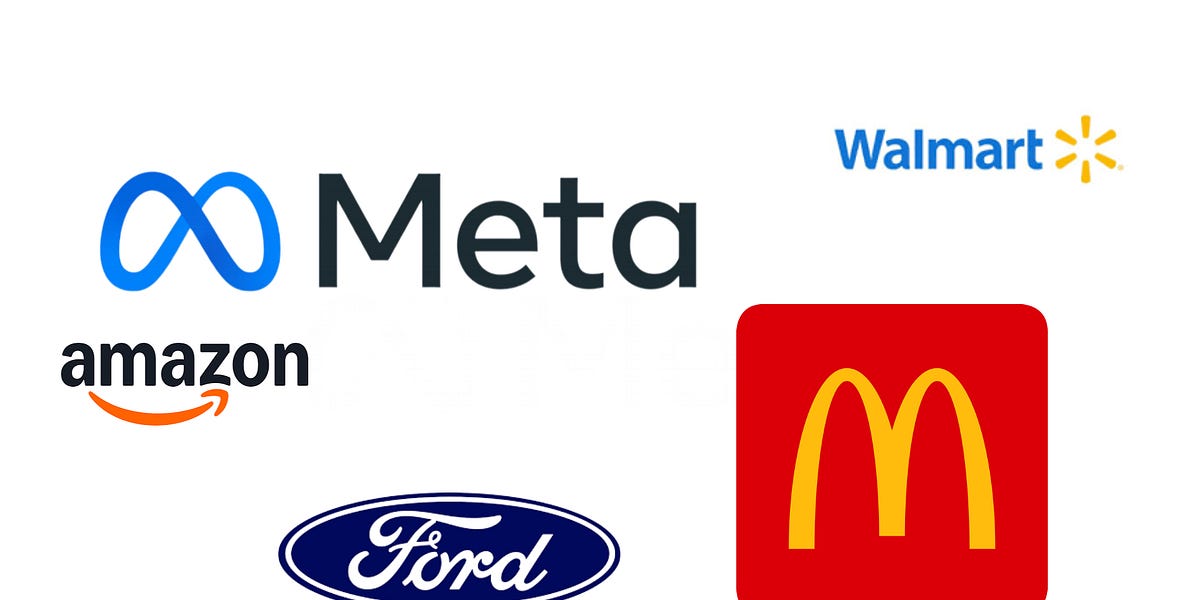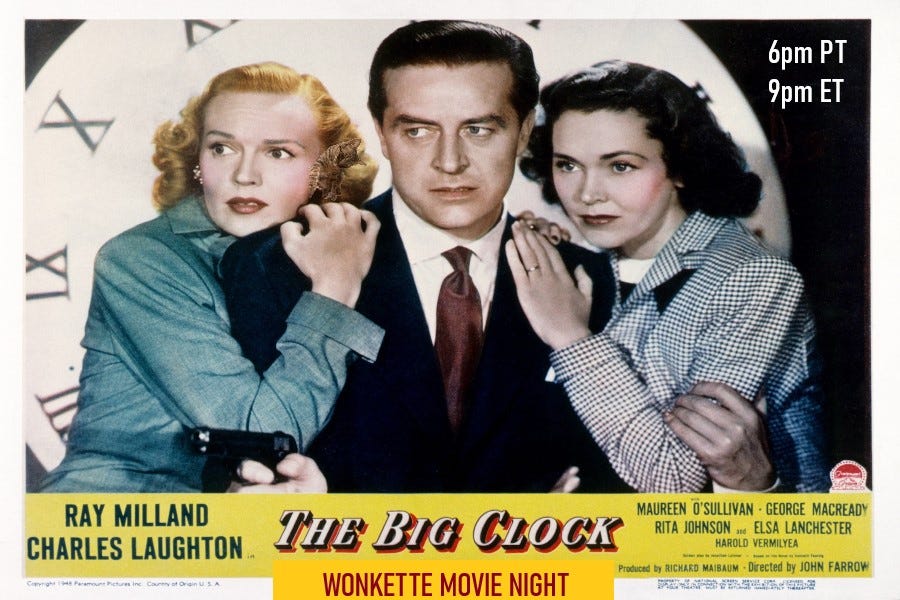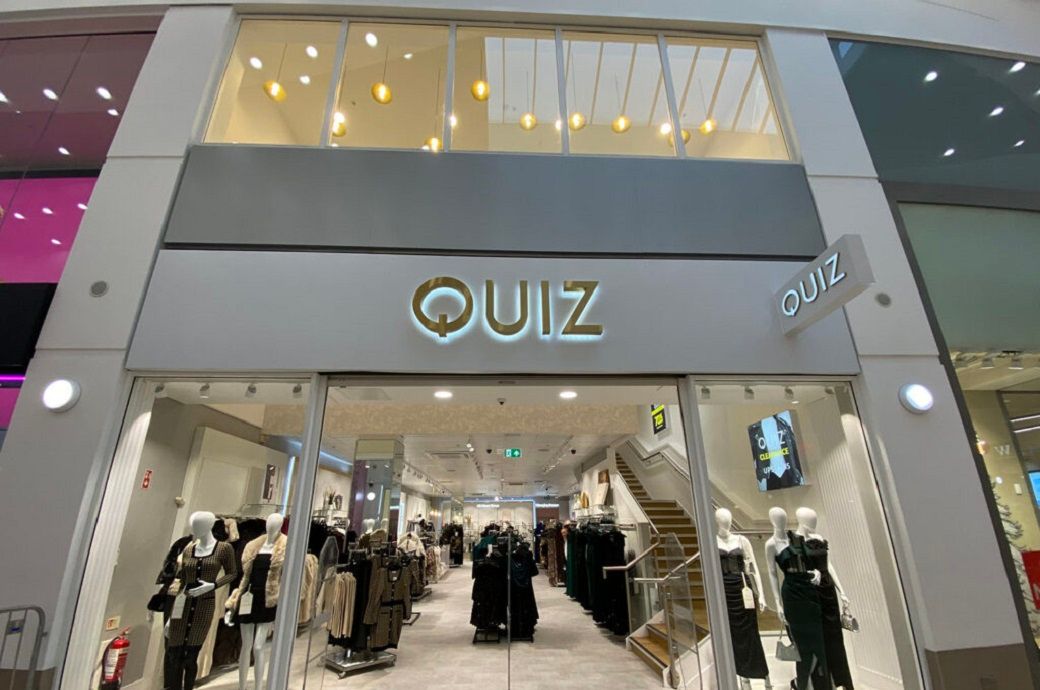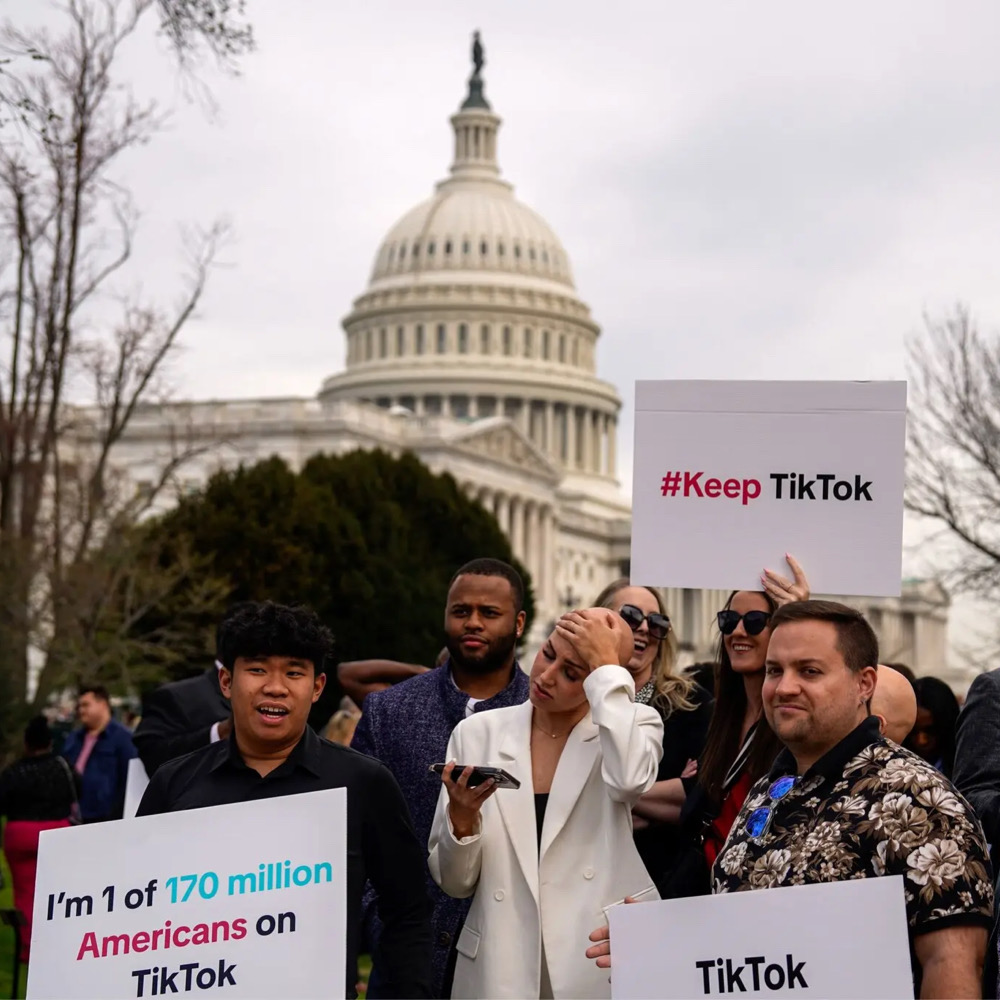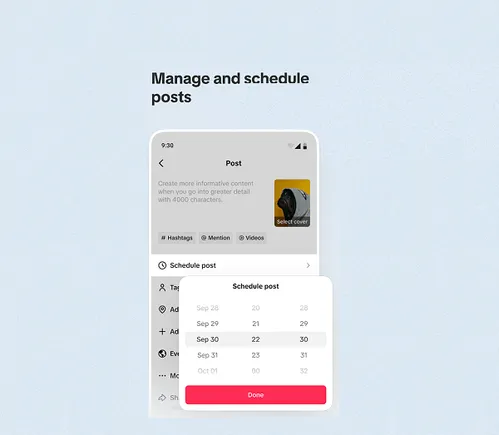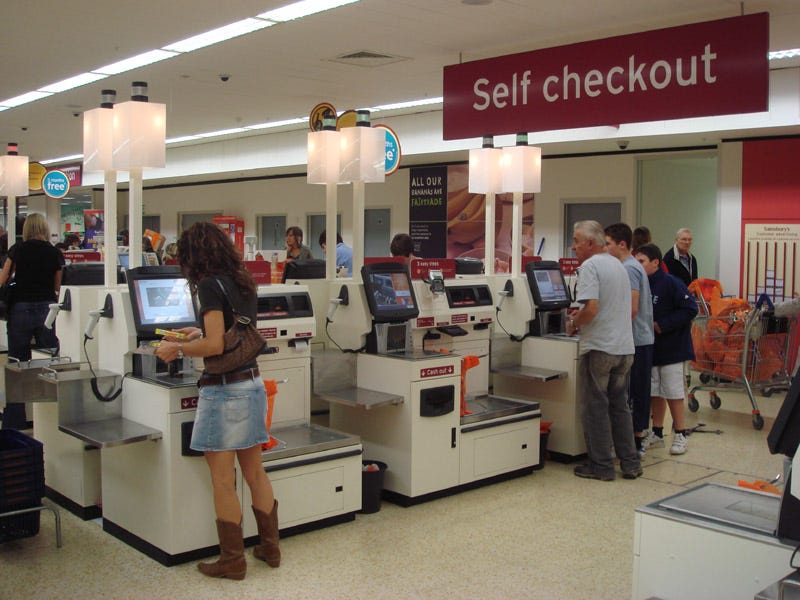For the last few years we have supposedly been in the midst of a shoplifting epidemic, according to major retailers like Target. Granted, even Walgreens executives last year admitted that maybe they “cried too much” over shoplifting, and that a lot of it was probably made up, but other stores spent the last year doing their own whining.
But some San Francisco-area stores, Target included, are now taking the drastic step of doing the first thing that stores suffering from non-imaginary shoplifting problems might do — they’re getting rid of self-checkout. That will mean (gasp!) hiring actual human beings and paying them money to do the work of checking people out at the register.
Naturally, both the police and the stores are presenting this as shoppers having some sort of privilege taken from them because they can’t be responsible enough to handle it — because, of course, self-checkouts were created for the benefit of consumers, not to decrease labor costs for retailers!
“If people abuse it and take advantage of it and then, use it in ways that are harmful not only to the stores. We all suffer when we have this retail theft issue, so, the stores are making adjustments,” San Francisco Police Chief Bill Scott told KNTV.
We do not, for the record, “all suffer.” And the elimination of self-checkouts is not “suffering.”
Via The Messenger:
Empty checkout aisles now have gates to block people from exiting through them.
The closed checkout kiosks are the latest efforts to block growing retail theft.
“You see the trajectory of commerce over the last 10, 20, 5,000 years, it’s all about reducing friction for customers,” Daniel Conway, vice president of government relations for the California Grocers Association, told SF Gate.
“But now you’re seeing a countervailing trend: armed guards and Tide Pods locked up.” […]
The National Retail Federation estimates that so-called inventory shrink, which includes theft, rose 19.4% to $112 billion in 2022, from $93.9 billion the year before. Shoplifting and other forms of theft account for 65% of those losses, it said in October.
We’re gonna stop The Messenger and the National Retail Federation right there, because Popular Info ran the numbers and it’s all a big NOPE.
Now that we’ve all checked that out, we’ll go back to the previous. And even by their wrong lies, profits were still up by $24 billion. So weird how that happens, right?
The fact is, this is a problem caused by companies’ own greed. They didn’t want to pay people to work the registers or to work in their stores, because that costs money, even when you are not paying those people anything close to a living wage (the average Target employee makes $12.23 an hour, which, adjusted for inflation, is literally less than I was paid to work at mall stores like Wet Seal and Charlotte Russe when I was in high school). Target, specifically, very often does not have anyone working in their dressing room. Anyone could walk in there with anything and walk out with anything and no one is paying attention. I would have to imagine that if theft were such a big issue, they would pay someone $12.23 an hour to work in the dressing room.
Obviously smash and grab rings are upsetting to those who witness them — and with the internet, we all witness them! — as witnessing any kind of crime tends to be, but they’re also not nearly as prevalent as retailers say they are.
One thing I know from my years in retail is that customer service is the best loss prevention strategy. People simply being around and being helpful is a thing that keeps people from stealing. So if you are having a problem with people stealing and you don’t have enough people on the floor, there’s your problem. It’s not hard!
Greedflation is also a cause.
The fact is, retailers raised their prices during the pandemic because of scarcity and then just kept them up because “whatever, clearly people can afford that.” St. Thomas Aquinas famously argued in Summa Theologica that both of these things were/are a form of theft. So we are more or less talking about thieves complaining about thieves.
After that, the retailers then decided to use a small amount of inflation to jack up their prices to a point far beyond what consumers think is fair. Now, I’m not saying anyone is Jean Valjean-ing it, but it does make people feel resentful and ripped off, which one could imagine may make them feel a little more like sticking it to retailers than they might otherwise. Everyone knows that these companies are raking in record profits, far exceeding what they are losing in shrink. You don’t think people are seeing that and going “Well, clearly they can afford it!”? Because they are.
That’s not justifying theft, that’s being realistic.
These companies could be contributing to the economy by creating jobs and hiring people to work for a fair wage, but they have largely chosen not to do that. They could charge consumers a just price, and very frequently, they are also not doing that. When you cut corners or make people feel ripped off, there are consequences.
The idea that we should feel “punished” by having someone else ring up and bag our groceries for us or that we should feel badly for Target for having to contribute to the economy by providing jobs for people is absurd — and the idea that we, as consumers, somehow benefited from this lack of “friction” is offensive. They absolutely should pay people to work the cash registers and they should have to pay people to watch the dressing rooms and walk around the store helping people. You know, the normal way that stores have been run since forever.








